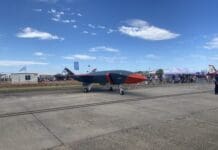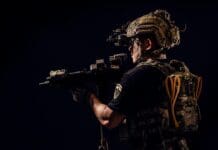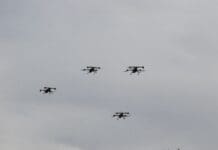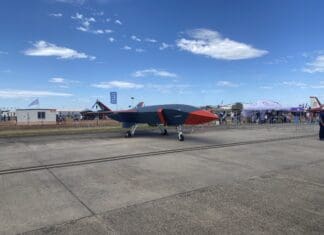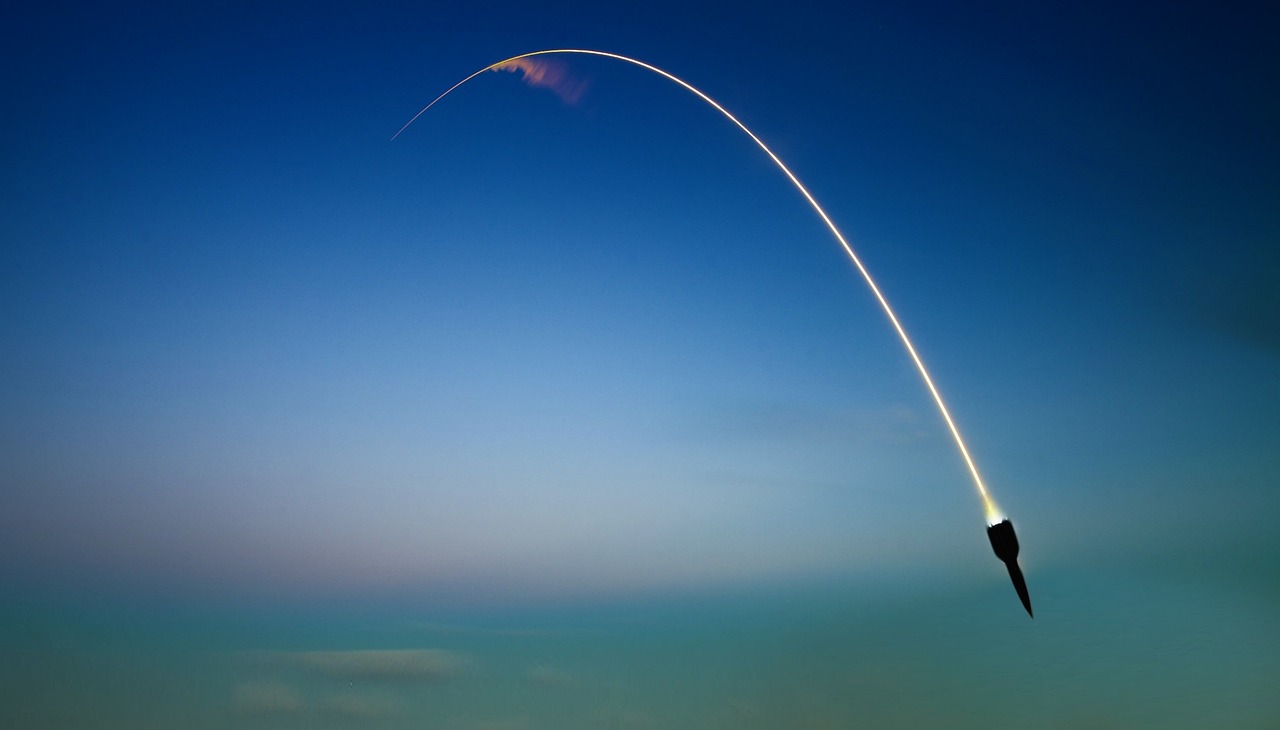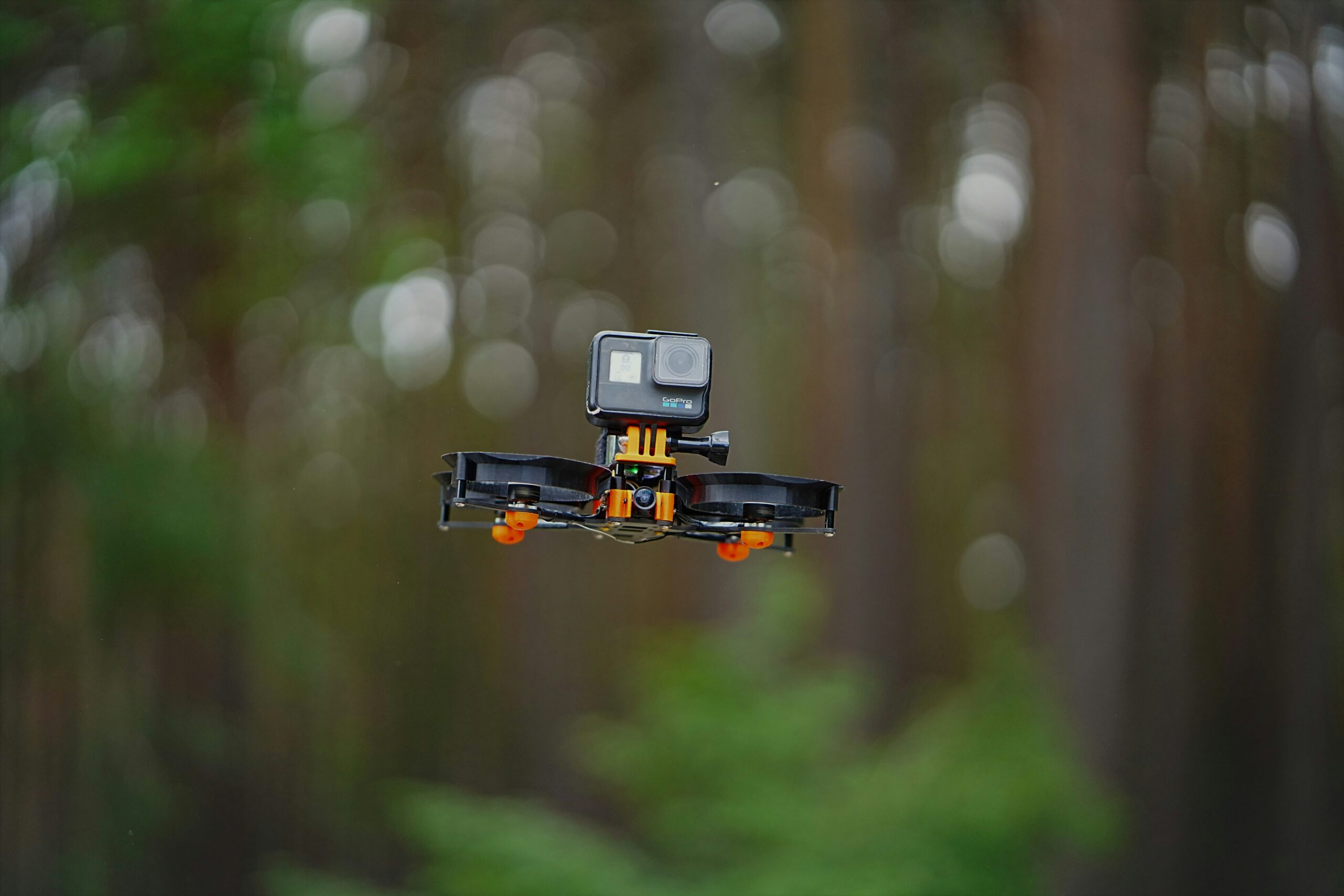This post is also available in:
 עברית (Hebrew)
עברית (Hebrew)
The New York Police Department (NYPD) has ramped up the use of drones for emergency response, introducing a new level of aerial surveillance over the city. Named the “Drones as First Responders” (DFR) program, this initiative allows drones to be deployed in response to 911 calls, capturing footage of much more than the incident scene.
Equipped with high-resolution telephoto cameras, the drones can identify individuals and vehicles while capturing footage of the area, up to 1.3 km away. The drones are designed to remain airborne for up to 40 minutes, offering a prolonged surveillance window.. Some drones in the NYPD’s fleet come with advanced capabilities, including night vision, thermal imaging, and even the ability to map locations in 3D. The footage recorded during these flights is stored by the police for up to 30 days
The NYPD presents the DFR program as a vital tool for enhancing public safety and improving crime response times. By providing a bird’s-eye view, officials claim that drones can help police assess situations in real time, potentially preventing crime or responding more efficiently..
However, according to Recorder Future News, privacy advocates argue that the increased drone presence infringes on citizens’ rights to privacy. Critics have raised concerns about the lack of transparency regarding when drones are deployed, as well as whether this footage is being integrated with other surveillance tools, such as facial recognition software, license plate readers, and more. There are also fears that drones may be used for surveillance beyond emergency situations.
While the NYPD claims drones are only used for select public safety calls, data from the department shows that drones were deployed over 3,700 times in the second half of 2024 alone—far more than the 564 times reported for all of 2023. The department’s broadening use of drones has led to increasing scrutiny over their potential impact on privacy and civil liberties in the city.



